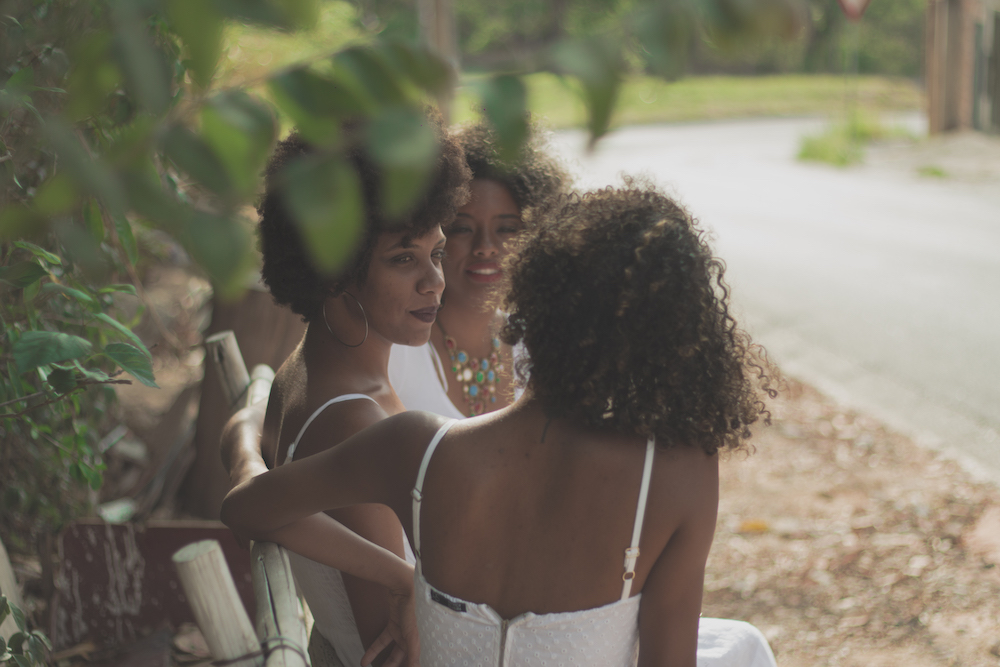When I told my therapist that I wanted more Black friends, she laughed. I had no way of expressing this want. I’d longingly look through the Instagram’s of Black women I admired and imagined I was in their crew. I'd really hope Tracee Ellis Ross was looking for a twenty-something best friend. My fear is that I am fetishizing my own race by hoping for a Girlfriends experience. But who wouldn’t want that?
I realize that by wanting the quintessential Black girlfriends experience, I am co-opting my own internalized "othering." What is the quintessential “Black Girlfriend’s Experience?” Is it the sum of all of the palatable parts of every Black actress’ character? Does it include women we’ve called, “hood?” To want Black friends is one thing, but to want a certain kind of Black friend is problematic.
It’s normal to want to be around others who are similar to yourself. There are a numbers of studies that tell us what we already know: we feel most comfortable around people who are similar to us, whether that is in looks or personalities.
I want to be around people who get all of the unspoken things about Black femininity in a way that other races cannot fathom. Things like the inward cringe when white coworkers ask prying questions about your new sew-in, or the idea that showing up with store-bought potato salad means you probably shouldn’t show up at all. Do my non-Black friends worry when their Uber driver is pulled over? Do they worry about a cop feeling especially villainous, deciding to yank me out of the back of said Uber? I want to share these stories with people who can offer more than just sympathy or base understanding, but experience.
I recently moved to Chicago, a place that I assumed would have hordes of Black women knocking at my door wanting to be my friend, with exclamations of “yasss” and invitations to color-coordinated brunch outings.
I realize that if I were a white woman typing this, I would be sick with repulsion at the blatant othering. Of course, not all Black women are the same. Some may hate brunch or have never uttered the word “yasss” in their life. When confronting my own internalized "othering," I realize that a more realistic encounter might include us jokingly color coordinating our brunch outfits or rolling our eyes together at the use of “yasss” in popular media when African American Vernacular English (AAVE) is being appropriated.
I want to bask in the wonder that is Black women, to express my feelings about Black femininity, sexuality, and power with more than just an understanding nod. I want lit eyes and a deep feeling of connection that can, for me, only come from having other Black women as friends. Someone who has seen the entire Martin or The Fresh Prince of Bel-Air series, or could let me know when my kitchen has crept from under my lace front wig in a tiny, curly, forest at the base of my neck.
I've felt guilty about wanting this, for feeling as if I was offering a disingenuous version of Black friendship due to my needs for validation and belonging. But I have begun to move past my internal struggle and embrace my feelings and sandwich board: “Black Girls Wanted.”
Blavitize your inbox! Join our daily newsletter for fresh stories and breaking news.
